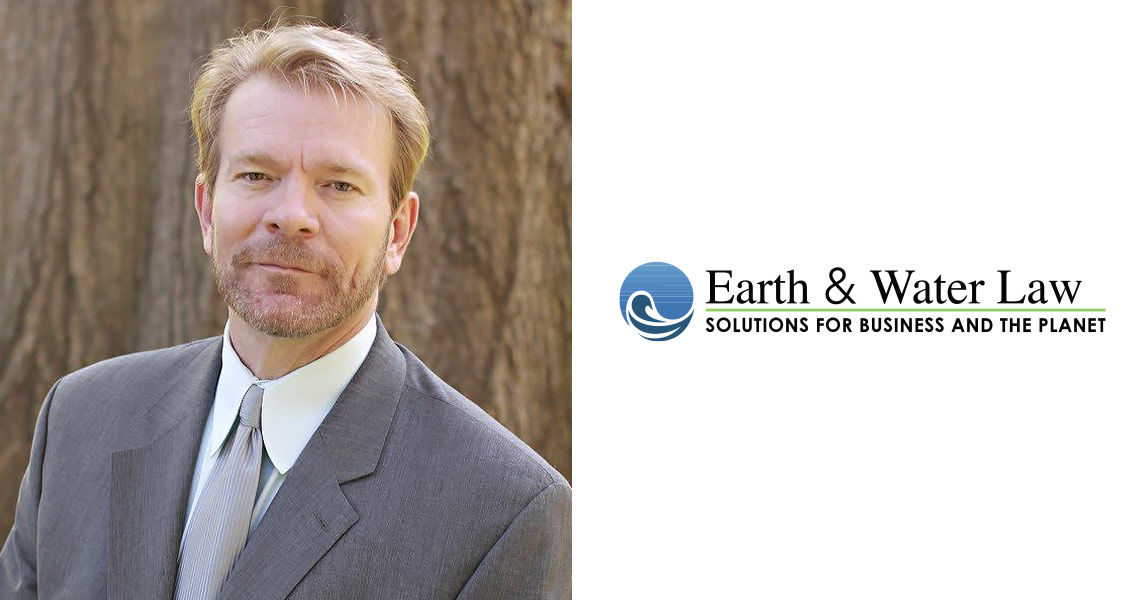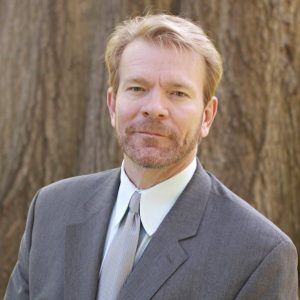Third Circuit Confirms: State Cleanup Settlement Does Not Extinguish CERCLA Contribution Claims
On September 8, 2020, the Third Circuit Court of Appeals held that settlement for cleanup costs with a state environmental agency, the New Jersey Department of Environmental Protection (“NJDEP”) does not prevent third parties from seeking cleanup costs under the Comprehensive Environmental Response, Compensation and Liability Act of 1980, 42 U.S.C. 9601 et seq. New Jersey Department of Environmental Protection v. American Thermoplastic, No. 18-2865 2020 U.S. App. LEXIS 28356 (Sept. 8, 2020). Many environmental practitioners have long warned that suits and settlements resolving state law hazardous substance claims would not necessarily prevent Federal claims by EPA or third party litigants.
American Thermoplastics involved third party litigation by under the CERCLA contribution provisions in Section 113, 42 U.S.C. 9613 regarding the Combe Superfund Site, a 65 acre parcel with history as a municipal landfill and waste conversion facility. The U.S Environmental Protection Agency had incurred $ 104 million and NJDEP $ 24 million for cleanup. The site owner/operator Carter Day subsidiary Combe Fill declared bankruptcy in 1981. In 1983 EPA notified second site operator Compaction Systems Corporation and 190 other potentially responsible parties (“PRPs”) of potential liability. Carter Day initiated bankruptcy proceedings which resulted in a settlement with the NJDEP (EPA was not a party). In 1998, EPA sued 24 PRPs including Compaction Systems Corporation reaching global settlement of $62.6 million in response costs. In 2011, Compaction Systems Corporation brought a contribution action against Carter Day. The lower court held that the NJDEP settlement pertained to the entire contaminated site and therefore precluded Compaction’s suit and any third party potentially responsible parties (PRPs) recovery under CERCLA Section 113. The Third Circuit Court of Appeals disagreed.
CERCLA Section 113 provides
“[a] person who has resolved its liability to the United States or a State in an administrative or judicially approved settlement shall not be liable for claims for contribution regarding matters addressed in the settlement.” 42 U.S.C. § 9613(f)(2).
While this language can be interpreted to preclude Section 113 contribution claims where a state settlement is in place, the Third Circuit Court of Appeals held that the settlement in American Thermoplastics did not apply to all costs and the entire response. The Third Circuit adopted the warning to settling parties from the Seventh Circuit Court of Appeals in Akzo Coatings, Inc., v. Aigner Corp., 30 F.3d 761, 766 (7th Cir. 1994) that “it [is] prudent to require the settling parties to be more explicit when they intend to bar contribution for work” performed outside of those parties’ efforts.
The Third Circuit was convinced that the NJDEP settlement was narrowed by language stating that it addressed “only liability to the NJDEP.” Slip. Op at 7. The Court also stated it would be unreasonable to believe the state settlement with NJDEP, not EPA, addressed only state law hazardous substance liability. From a policy standpoint, the Third Circuit Court of Appeals noted that its decision prevented attempts by parties settling with states to prevent third party contribution suits.
CERCLA’s strict, joint and several liability scheme presents great uncertainty, and the Third Circuit decision emphasizes that settlement documents will not always provide that uncertainty. With growing state programs and federalism policies, the CERCLA program has shifted more and more toward state law cleanups and settlements with little or no Federal or EPA involvement. Potentially responsible parties should be aware of the pitfalls, strategies, and scope of settlements to best protect their interests through qualified and experienced counsel.
For more information, contact David Moore, J.D., B.S. Biology of Earth & Water Law, LLC Atlanta office, Mary Ellen Ternes, J.D. BE Ch. E. of the Oklahoma Office, or Ken Komoroski, J.D. BS Env. E.




